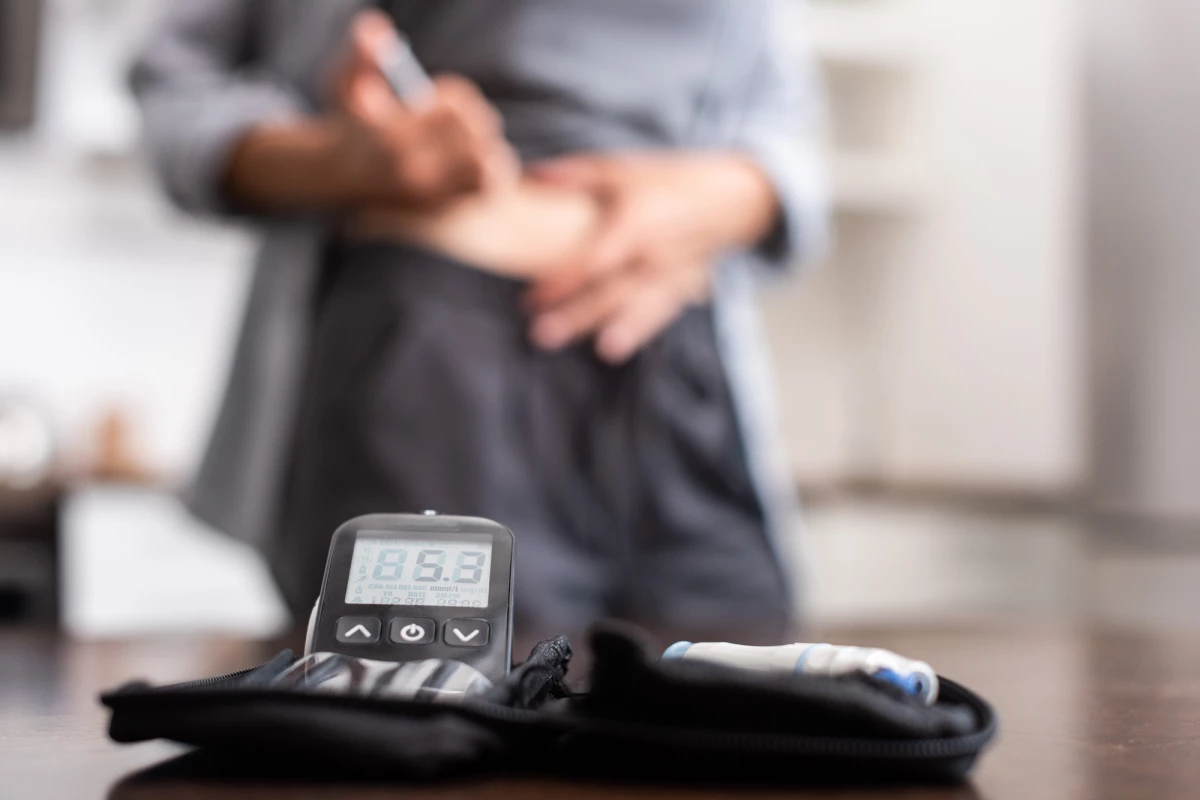The US Food and Drug Administration (FDA) has approved the first drug that can delay the onset of type 1 diabetes. A recent trial has shown that the drug, named teplizumab, can give patients several extra disease-free years.
Type 1 diabetes begins when a patient’s immune system mistakenly attacks beta cells in the pancreas, which are responsible for producing insulin. Without this vital hormone, the body can no longer regulate blood sugar levels, leading to a range of health complications. Managing the disease becomes a lifelong chore of monitoring blood glucose levels and administering insulin shots as required.
Teplizumab – also known by its brand name Tzield – can help slow the progression of diabetes, buying patients a few extra years before management of the disease becomes a necessity. The drug is a modified antibody that binds to a molecule called CD3 on the surface of T cells. Normally, when CD3 is triggered it activates the T cell, so binding this molecule with teplizumab modulates immune cells in a way that prevents the autoimmune response against insulin-producing cells.
Markers for type 1 diabetes can already be detected before the onset of the disease, but currently there’s no treatment available to do anything about it. Teplizumab can be given to a patient found to have these early markers, which would delay their progression to a symptomatic stage of the disease. Treatment involves administering the drug intravenously once a day for 14 days.
While teplizumab has been the subject of decades of clinical trials, the FDA approval comes after the success of a recent trial investigating the safety and efficacy of the drug as a preventative measure. The trial was randomized, double-blinded and placebo-controlled, involving 76 patients with stage 2 type 1 diabetes.
Patients were followed up for a median time of 51 months, and in that time it was found that 44% of patients receiving teplizumab went on to develop stage 3 type 1 diabetes, compared to 72% of the placebo patients. Those on the drug who developed the disease had a median of 25 months of extra time before the onset of stage 3.
“Some people ask, ‘If you’re still going to get diabetes, what’s the big deal?’” said Kevan Herold, lead scientist on the trial. “But if you’re an eight-year-old child, and the diagnosis of type 1 diabetes, the time at which you need to take insulin and follow a prescribed diet and monitor your blood sugar is delayed for two more years, that’s huge.”
The team says this extra time can make a big difference by giving patients, who are often young, more time to prepare for the disease burden, as well as less time exposed to high blood sugar levels that can contribute to health complications. And for many patients, the delays will be longer – one high-school-age participant in the trial remained diabetes-free for 11 years after the treatment.
With more study, the researchers say that the drug could be improved further, such as prolonging the response and increasing the number of people who respond to it. For now, the FDA approval should be a major step in getting teplizumab into the hands of more patients.
Sources: FDA, Yale University




